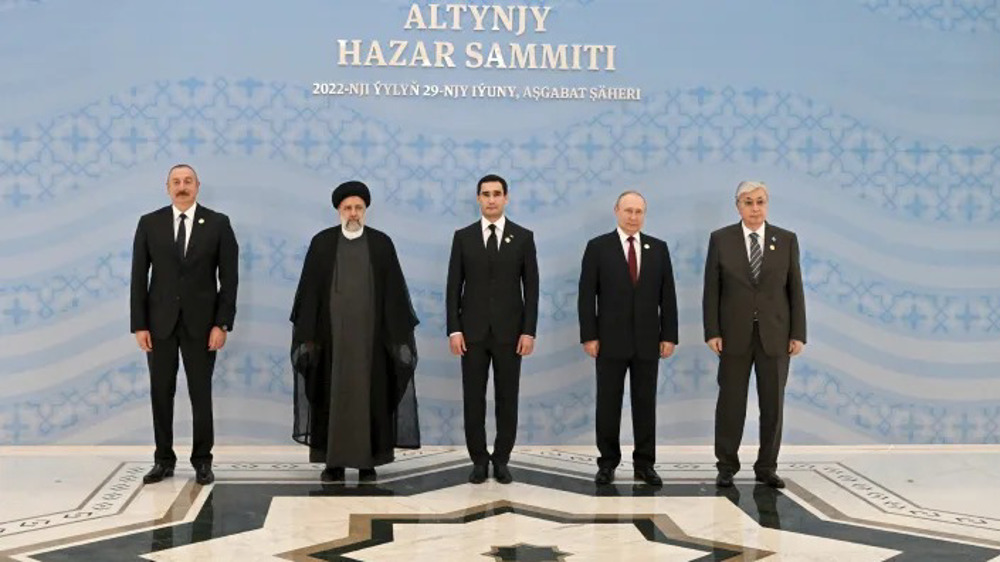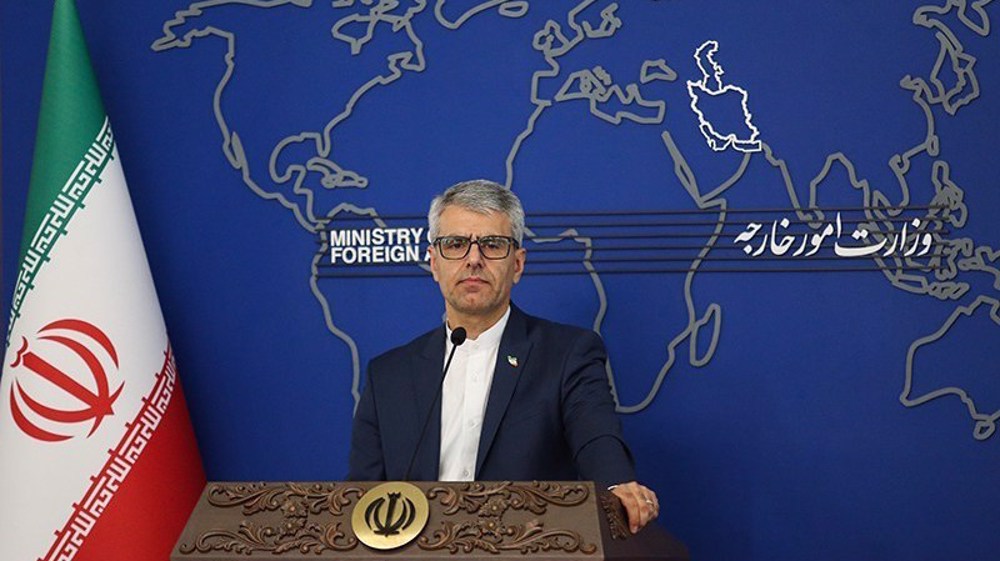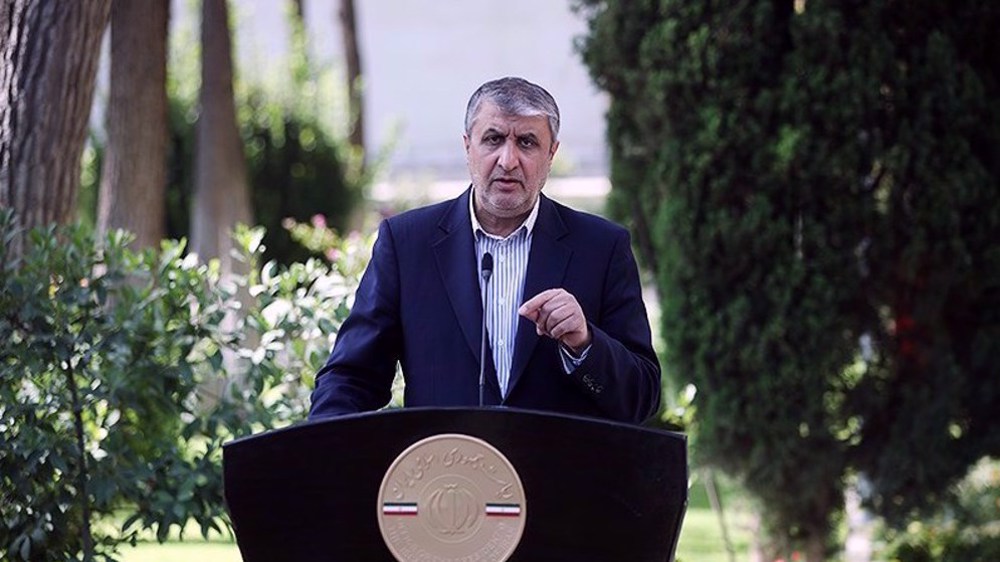Caspian states agree to keep foreign militaries out
The five countries along the Caspian Sea have reaffirmed their shared commitment to keep foreign militaries out of the region.
The presidents of Russia, Iran, Azerbaijan, Turkmenistan and Kazakhstan met in Turkmenistan's capital, Ashgabat, on Wednesday for a summit to discuss regional cooperation and international issues.
In a communique after the meeting, they emphasized their agreement to bar any foreign militaries from the Caspian. They also underlined a pledge not to offer the territory of their nations for aggression against another littoral country.
"The presidents, confirming adherence to the principles and norms of the United Nations Charter and international law, taking into account the increasing role of the Caspian Sea region worldwide, expressed the readiness of the Caspian states to maintain regional security and stability, boost mutually beneficial economic cooperation, ensure the ecologic safety and develop cultural, humanitarian, scientific and other ties," the document said.
The communiqué, containing 17 principles laid by the presidents, also emphasized the importance of cooperation in the military sphere among the Caspian nations.
According to the statement, the presidents reaffirmed that the activities of the littoral states in the Caspian Sea will be carried out on the basis of "non-presence in the Caspian Sea of armed forces that do not belong to the littoral states; non-provision by any coastal state of its territory to other states for the commission of aggression and other hostilities against any of the coastal states".
The principles also include "ensuring a stable balance of armaments of the littoral states in the Caspian Sea, carrying out military construction within reasonable sufficiency, taking into account the interests of all littoral states, not endangering each other's security".
The summit participants assured that they would proceed from "respect for the sovereignty, territorial integrity, independence, sovereign equality of states, non-use of force or threat of force, mutual respect, cooperation, non-interference in each other's internal affairs; the use of the Caspian Sea for peaceful purposes, turning it into a zone peace, good neighborliness, friendship and cooperation, resolution of all issues related to the Caspian Sea through peaceful means and ensuring security and stability in the Caspian region".
The document emphasized that the five countries will work on the basis of the principles of "application of agreed norms and rules for the reproduction and regulation of the use of joint aquatic biological resources", "protection of natural environment of the Caspian Sea, conservation, restoration and rational use of its biological resources" and "promotion of scientific research in the field of ecology, conservation and use of the biological resources of the Caspian Sea".
It was noted that the presidents discussed the most important issues of the five-party cooperation on the Caspian in a friendly and trusting atmosphere as well as the pertinent international and regional issues of mutual interest.
Additionally, the presidents emphasized the importance of the decisions of the previous Caspian summits and the necessity of their effective implementation.
"The presidents noted the existing high potential of comprehensive interaction and positively assessed the level of cooperation between the Caspian states," the communique concluded.
In 2018, the five countries signed a convention for exploitation of the Caspian Sea resources that ended decades of uncertainty
European leaders condemn US visa ban on officials regulating 'online censorship rules'
Iran welcomes deal between Yemen’s sides to swap nearly 3,000 prisoners
Diplomacy does not entail sending bombers, Iran’s foreign minister tells US
Israel approves 126 illegal units in West Bank settlement evacuated in 2005
VIDEO | Press TV 's news headlines
VIDEO | Iran seizes tanker carrying 4 million liters of smuggled fuel
HTS forces abduct prominent American journalist Bilal Abdul Kareem in Syria
VIDEO | Iran: Beyond the majority










 This makes it easy to access the Press TV website
This makes it easy to access the Press TV website